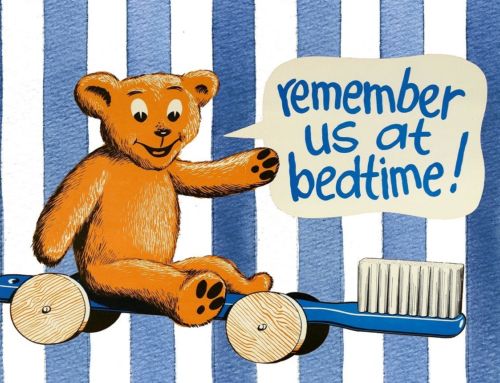Develop Effective Listening Skills in Children
..
Is your kid struggling and has difficulty in maintaining concentration? Checkout the interesting strategies to develop effective listening skills in kids.

Listening is an important component of learning. Kids ability to actively listen has a major impact on building the communication skills needed in every phase of life.
Do you find your child struggling to listen? Do you think he has problems following instructions? Most of the children find sitting in one place and listening to be boring. You need not trigger the panic button for that. There are many ways to improve her listening abilities.
Importance of Active Listening?
Active listening means giving full attention to the speaker and trying to understand the complete message being sent. Active listeners show verbal and nonverbal signs of listening. Non-verbal signs include smiling, head nods, posture, and avoiding all distractions. Active Listening helps a child to distinguish between speech sounds and environmental sounds.
Steps to follow to develop Listening
Parents can teach kids how to become an active listener by becoming active listeners themselves.
- Maintain Eye Contact while Talking
- Don’t Interrupt
- Ask Questions
- Example: “How was your day at school today?”
- Example: “Have you finished your homework?”
- Repeat back trick
- Ask for the actual meaning of what they listen
Strategies to develop and sharpen your child’s listening skills

- Read stories to your child -Be creative in finding interesting kid’s stories, rush to public library or download a soft copy. Stories help kids to follow along, stay engaged, continuously using brain and come up with the conclusion.
- Cook with your child – Read the recipe to him or her, having your child listen to and follow each step to complete the recipe correctly.
- Have conversations about things your child is interested in – Making conversation with kids about their interests, likes, and dislikes can help you both in many ways. You can get to know more about what goes in their life outside the house and develop confidence in children that their parents are interested in knowing more and ensure your availability in good and bad times.
- Play the telephone game – If you have ever watched Ellen’s game show, this is no surprise for you. Get together with a group and have one person whisper a sentence to the next person. Each person repeats it to the next until the final person. Have this person say the sentence aloud and see how much the two sentences have changed.
- Create a list of questions to ask – Always be prepared with a list of questions to make small talk even when there is nothing to talk about or you are too busy to invest time with kids.
How Games can help improving Listening Skills?

Using games to teach effective listening to children is a fun way to develop auditory skills and social development. Games provide activities that enhance social skills and cultivate auditory and literacy development. You can even use games to exercise the brain and promote the retention of academic content. Listening activities also help children to develop new vocabulary and recognize appropriate grammar.
Hide and Seek, Follow the Leader, what sound is that, are some of the games with varying sounds that help children learn to identify and connect sounds with objects. This promotes perception and language development.
You can try many other different activities as well:
- You can play guessing games with drums, clocks, tins, etc. Ask your child to make the same sounds. Playing listening sounds is a good way to help your child distinguish between environmental sounds and animal sounds.
- Playing with musical instruments is a good way to help your child learn different rhymes. Using the media can be an interesting way to improve listening skills. Watching skills and listening to podcasts or regular shows will not only improve their vocabulary, but the attention spans as well.
- Read stories and ask your child for instance to bark like a dog, whenever a dog appears in the story. If you have a toddler, you can read a nursery rhyme that your child knows and leave out a word. Ask him to identify the word.
4. Play games using blindfolds that will help your child understand the direction from where the sound is coming.

If you have some insights on this, don’t forget to share some tips and tricks with us in the comment section below.







